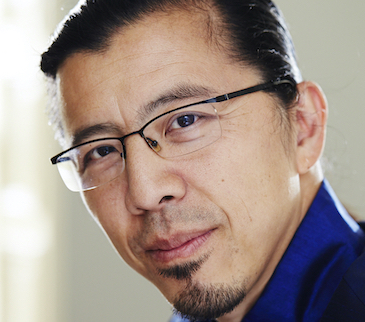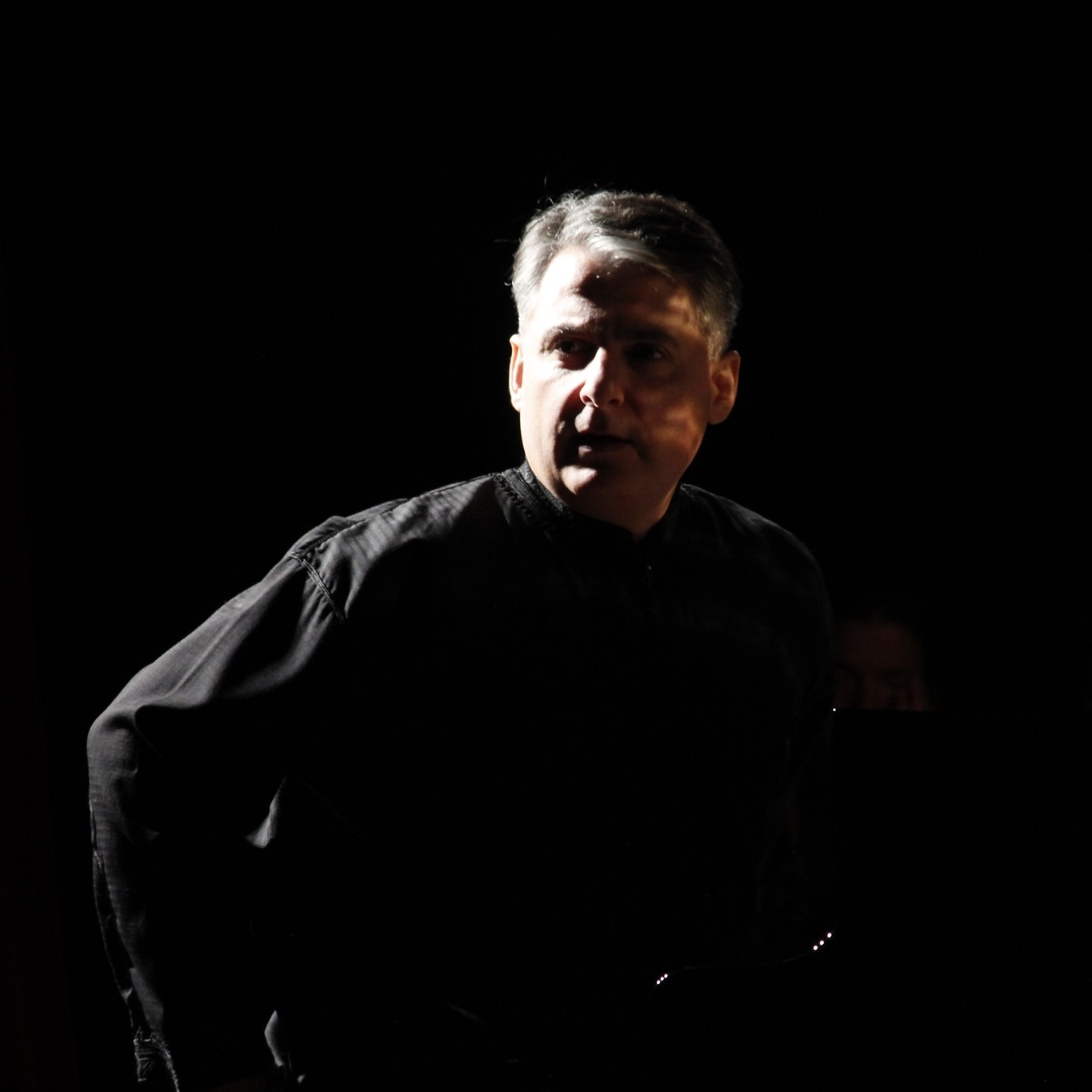Learn How to Practice Your Instrument Focusing On the Process.
Learning Music is a never-ending process. It’s not about going from point A to point B; after all, you will eventually get there because music has its own natural flow. I’ve spent time talking to painters, designers, and other visual artists. The process of producing an artwork is as essential as having the final result displayed.
In contrast, a musical composition is a blueprint. Some composers in the late 20th century, especially in electronic music, demand an exact, meticulous performance, as if the performer was also a computer. For the most part, though, once a composition has been written down, it becomes the performer’s to interpret.
Let’s say you read a play, and then go to watch a performance of it in a theater. Perhaps you will then see the same play in another theater in a different place. Why do we do that? We don’t watch the play to hear the details of the plot another time. Instead, we’re interested in the ways different actors portray the characters.
Music is the same way. A performer is just like an actor. If you listen to pianists from earlier in the twentieth century, they all played so differently from each other. It can be difficult to believe you are hearing the same piece sometimes. Sound has become more standardized now. But I think that individuality or at least a subjective approach to a piece is critical for performers. We may be somewhat limited with the possibilities because we are following a compositional blueprint. But our goal should be to find our own, subjective interpretation.
That’s one of the big reasons why I don’t ask my students to play a piece the way I play it. I might suggest certain things, but I encourage them to develop their own interpretations. I do ask them to articulate their ideas and explain the reason why they are making their choices. Instinctive playing is fine to a certain degree, but one should make conscious choices to interpret a piece. Otherwise you will not be able to repeat your interpretation next time. One day you sound great but the next day everything could sound like rubbish. Knowing your reasonings for a particular phrasing or interpretative decision can help you reevaluate or try to recapture the sound you envision.
Delivery through performance is its own process. You must channel your mind, focus on your interpretation, and not get distracted by the audience, or potential reviews about your playing and success. Immediately, the second you start thinking about those external factors, you are overwhelmed. Your interpretation is the primary goal, rather than any particular instance of its performance. By centering your attention on the learning process you are less dependent on that performance, which, as we know, can be affected by many factors that are not under our control.
It’s human nature to feel that we need approval. But at some point, how many times can one get discouraged? Because you can be significantly affected by a compliment or you can also be crushed by negative feedback. Rather than ignoring the feedback, I found that being secure in my process helped me look at things more objectively. Sometimes you need input from people who are skilled, motivated, and ambitious performers. You learn from them because you know that the person has or is going through the same problems. They are struggling at times but they are also succeeding. Staying focused on the process of growing as a musician instead of a particular landmark performance will help you stay objective when assessing criticism. This is especially helpful when you are getting criticism coming from your closest circle, which can be very painful.
Sometimes after performing a concert we find this emptiness afterwards. A performance yields valuable information for improving your interpretation of a piece that should be followed up. If you devote yourself to the process of growing as a musician, the results will follow.
When learning a piece, people can find all sorts of subjective information, either by trying to discover the emotional intentions of the composer by bringing out certain harmonies, or changing phrasing. I get most excited about experimenting with the delivery of a piece. If you look at the score, our blueprint, with all those black dots on white paper, it’s up to us to figure out what to make of it.
When you read a book, you don’t spell out each letter; you read the words. It’s the same with the notes. If I read every single note, it sounds notey and irrelevant. You cannot read a whole book by spelling out each letter. So you read an entire word, then you read a sentence. Then you start to experiment with intonation, pronunciation, and emphasis. Music is the same. I begin with small motives, then move to phrases, then to phrase groups, and so on. With each step, I experiment with what articulation to use, what kind of tone to use, and which parts to bring out. It can be complex and there are a lot of decisions to make.
All these decisions must be made organically from what has meaning and impact to you. Otherwise, you are adjusting to whatever trend you are absorbing from other performers and recordings around you. Deliberately trying to go against what other people are doing also does not work as a goal in itself. You have to play the piece the way you feel and understand it. What other people are doing becomes irrelevant. To take risks, you have to believe in the decisions you make. If something is valuable to you as a performer, then there’s a greater chance that someone will listen to you.
It can be liberating to center your attention on the process because then you are true to yourself. Someone might not approve of what you do, but they won’t be able to take it away.
Read more how to focus on the learning process in the practice room.
Read more about how focusing on the process of learning shaped my approach to a challenging piece.
#practicing , #teaching

Edisher Savitski
Pianist Edisher Savitski has been performing at prestigious venues worldwide. To name a few: Carnegie Zankel Hall and Carnegie Weill Hall, New York; Wigmore Hall, London; Great Hall of Mozarteum, Salzburg, Austria; Mariinsky Theater and Concert Hall, St. Petersburg, Russia; Teatro alla Scala, Milan, Italy as well as in other venues in USA, Canada, Germany, Georgia, Spain, Italy, Portugal, Switzerland, France, Russia, United Kingdom, Israel, Austria, Morocco, China, Japan and New Zealand.
He performed at major music festivals such as: Salzburg Festival, Austria; Gilmore Keyboard Festival, Ravinia Festival, USA; Ruhr Festival, Germany; Ravenna Festival, Stresa Festival, Maggio Musicale Festival in Florence, MITO Festival, Italy; Rachmaninoff and Tchaikovsky festivals through Pittsburgh Symphony.
In November 2007, Dr. Savitski became first pianist who performed in an unprecedented live performance/press conference, from his home in South Bend, Indiana on a Yamaha Disklavier piano that was connected to another Disklavier piano in the Recital Hall of Yamaha Artist Services International in New York City. He is a Yamaha Artist.
Edisher Savitski is the first prizewinner of the Third International Piano-E-Competition in 2006 and the Hilton Head International Piano Competition in 2001, and took top prizes at the First International Piano-E-Competition in Minneapolis and the William S. Byrd International Piano Competition in Michigan.
Born in Tbilisi, Georgia, Dr. Edisher Savitski studied in the Central Music School under Maya Beridze and in the Tbilisi State Conservatory under professor Nana Khubutia. In 1998 he joined the renowned Alexander Toradze Piano Studio at the Indiana University South Bend, where he earned Masters degree, Artist diploma and has been awarded with the Performers Certificate. In Spring 2013 he earned a Doctor of Musical Arts degree in performance from Michigan State University.
Dr. Savitski is an assistant professor at the University of Alabama School of Music.



Comments are closed.